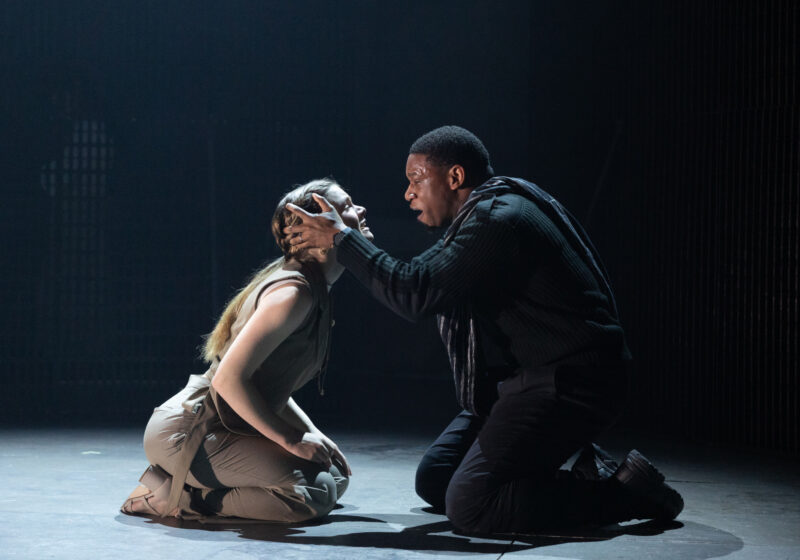Correction (10/16/2015): Some grammatical mistakes in an earlier copy of this article have been corrected.
Key details emerged during the Students’ Association (SA) Senate meeting on Monday, Oct. 12, about an appeal contesting the Senate’s decision to fill a vacancy via a selection committee. Included in the All-Campus Judicial Council (ACJC) report on that night’s agenda was a statement announcing the full details of the appeal, which was filed on Sept. 21 by sophomore Anmol Almast, the next overall highest vote-getter from the spring Senate elections. A public hearing regarding the appeal will take place this Friday, Oct. 16 at 4 p.m. in the Gowen Room in Wilson Commons. Senator David Stark will represent the Senate in the hearing.
According to the statement, Almast petitioned ACJC to appeal Senate’s decision on the grounds that “the Senate’s decision to create a Senator Selection Committee was unconstitutional and unreasonable when ‘eligible candidates’ remained.” The selection committee sought to appoint a senior applicant to the seat vacated by SA Vice President and senior Melissa Holloway in May, after she was elected as both senator and vice president, and chose to serve in the latter position.
Speaking in an interview on Wednesday, Oct. 14, Almast said her goal is “to show my fellow students that they can speak up for their rights if they feel that student government is not acting based on the Constitution—that’s my main message going into this appeal.”
In her report at the Senate meeting, ACJC Chief Justice and senior Wesline Manuelpillai outlined the mechanics of the appeals process to the Senate, explaining both the preliminary aspects of the appeal and the function of the upcoming case. The hearing will be public, she said, and both parties will have the right to an advisor for moral support. After introductions, the hearing will proceed with opening statements from both parties, a fact finding period, closing statements and then adjournment.
ACJC can also decide to recess during the hearing if they need to discuss anything. Manuelpillai stated that ACJC is given a period of two weeks to address any questions and concerns and to make a decision. The Council’s decision must be followed without review or reversal by the Senate or the SA President, she added.
During a subsequent question and answer session, Stark asked Manuelpillai whether it is “your role to determine unreasonability, and is the petitioner held to the language she used in the appeal and does that in any way constrain your ability to rule on it?”
“If you look at past cases,” she replied, “you will clearly see that the Council had some discretion in how it interpreted the wording of the student that was appealing as well as some discretion in how they interpreted the Constitution or the Bylaws or whatever it was.”
Manuelpillai continued: “So, we do have discretion, and we don’t have strict rules that say, ‘You can only find this way,’ and I think that’s natural for any judicial body.”
A later question posed to Speaker of the Senate Ethan Bidna revealed that he chose not to represent the Senate in the hearing because he felt it would be innapropriate for him to take an “antagonistic role” against Almast, given that he could potentially preside over her as Speaker if she becomes a Senator. Bidna, as outlined in the bylaws,”is responsible for [presiding] over and [acting] as the official representative of the Senate.” Responding to a question from Senator and senior Robin Graziano about ACJC’s ability to grant Almast the vacant seat, Manuelpillai said that “there are many possibilities open to the Council, and it’s within our discretion to act on any of those.” She went on to say that an appeal effectively means that “Senate has completely relinquished its ability to act on this particular situation, which is the senator succession process.”
“So, to clarify, it’s within ACJC’s jurisdiction to make appointments?” Graziano asked in response.
“In this given situation, yes, absolutely,” Manuelpillai replied. She later said that such an appointment would not be an arbitrary decision.
Toward the end of the meeting, Stark discussed his plans for representing the Senate in the hearing, urging members to email him their views. He emphasized the amount of research to be done in preparation and informed senators that they could also write helpful material for the case, including arguments “that would be insightful and could win over nine people who don’t want to agree with us.”
“I just want to demonstrate benefit and value,” Stark said, “and why, much like other cases, it’s worth maybe doing constitutionally murky things to acheive an objective that will be real and tangible.”
Trombly is a member of the class of 2018.






